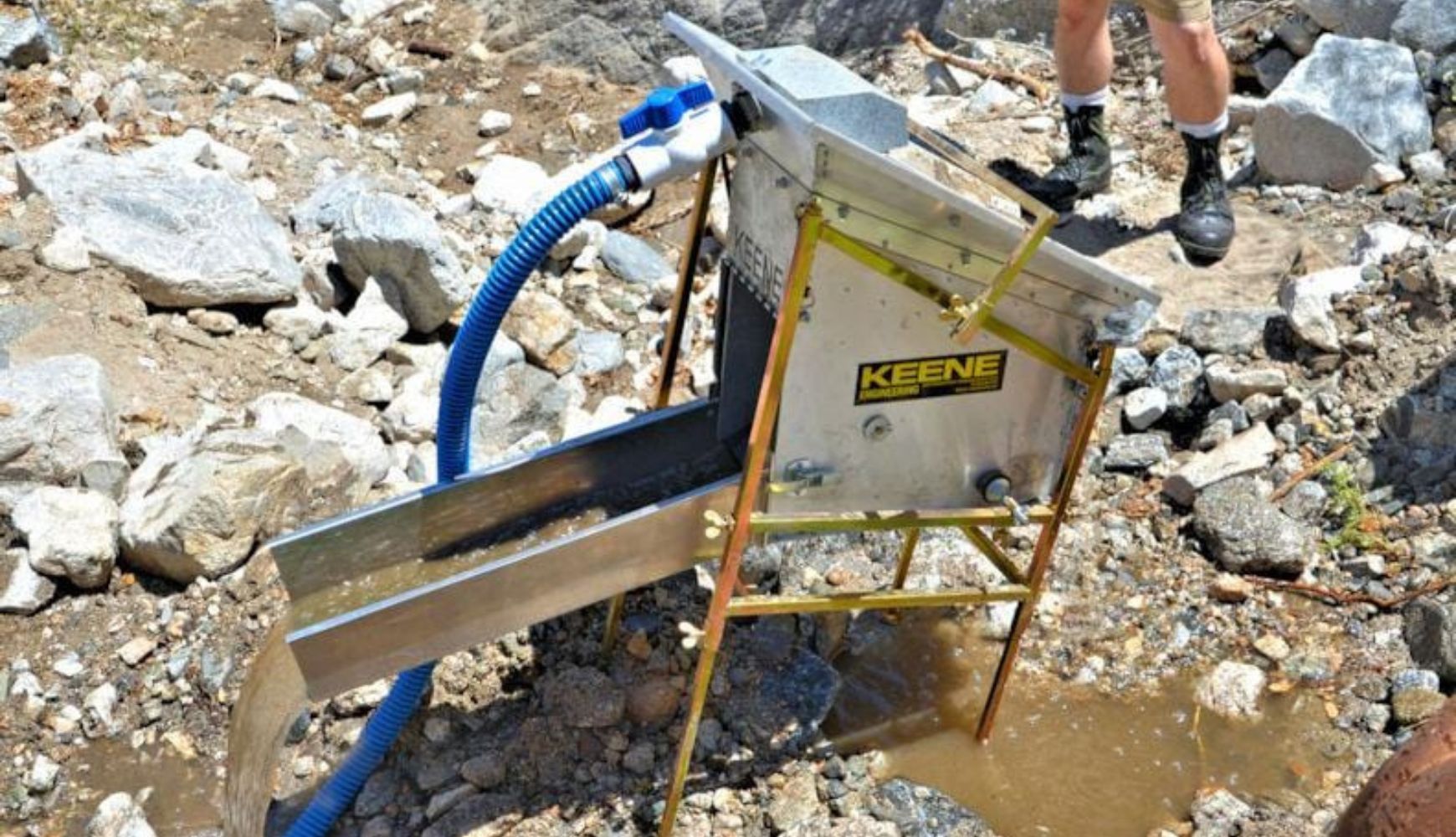
4 Tips for Using a Dry Washer for Gold Mining
With the right prospecting equipment, you can search for gold in a wide variety of places. If you plan to prospect in an area with minimal water, like a desert, a dry washer is your best bet. It functions like a waterless sluice box, using vibrations and air movement to separate gold pieces from particles of sand and soil.
Want to use a dry washer for your next gold mining expedition? Use these tips from Northwest Detector Sales to increase your productivity.
Look for Eroded Areas
When you go metal detecting on the beach, some of the most lucrative areas are where water has recently eroded away layers of sand. The same principle applies to prospecting for gold in dry conditions! Look for spots with high levels of erosion, as they’re more likely to have high concentrations of gold particles.
Dry Out the Dirt
While the top layers of soil or sand you find on your prospecting expedition may be sufficiently dry, you’re likely to encounter moisture as you dig a few inches down. Before you load dirt into your dry washer for gold, crush up any lumps and dry them out in the sun to eliminate any trace of moisture.
Double-Check “Throwaway” Rocks
Before you toss out any rocks you find while you prospect, run a metal detector over them. This practice ensures that you’re not throwing out any rocks that are laced with gold deposits!
Watch the Weather
Dry washers use forced air to separate gold particles from materials like soil and sand. Gold particles found in extra-dry conditions are often quite small and can be blown away by strong winds. Try to go prospecting on a day with little to no wind, so the gold you find stays with you instead of being blown into the air.
If you live near a desert or another particularly arid spot, using a dry washer to look for gold could be a lucrative practice for you. Use these tips from Northwest Detector Sales on your next prospecting expedition, and you could come home richer!

